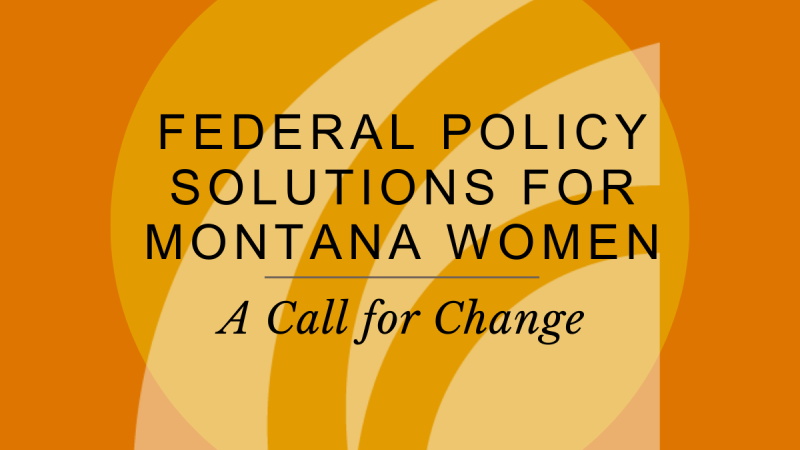Blog
6 Ways to Engage With Civility
November 17, 2020
Now, more than ever, we need to think about civility: what it means, why it’s important, and how we can achieve it for ourselves.
2020 has been a wild ride: there has been a global pandemic, widespread civil unrest, and a tense presidential election. People everywhere are experiencing heightened emotions, either becoming more inspired to help their communities or more isolated or angry because of disagreeing world views.
What is civility?
To go with the dictionary definition, civility is a “formal politeness and courtesy in behavior or speech”. But it’s more than just politeness. It is disagreeing without disrespect, establishing common ground from which to move forward, creating space for dialogue about differences in opinion, and so much more.
Why is civility important?
Civility is hugely important in all aspects of our lives: from the workplace to one’s personal life, civility allows us to navigate complex situations in a way that doesn’t burn bridges and helps us find tangible solutions to whatever problems we face.
How do work towards civility?
The funny thing about civility, is that we all have been taught the basics. Starting from a young age, we’re told to share, to listen and pay attention, to empathize, and to respect one another. Yet as we get older, we seem to lose touch with some of these basic learnings. Here are 6 ways to engage with more civility:
1. Listen
Listening, especially active listening is such an under rated skill for not only engaging in the world with civility, but for effective communication as well. When you’re in discussion with someone who doesn’t share your world views, you need to open yourself up to understanding their perspective. While you may not agree with it, you still need to listen with empathy for their experiences. This is key for the next step.
2. Find common ground
More often than not, people want to work towards the same goal. We all have our own opinions on the best way to reach that goal, but the key to moving discourse forward is finding that island of agreement. Putting pressure on the points of disagreement only furthers the divide, whereas understanding our common ground opens up space for constructive dialogue.
3. Recognize the other’s perspectives
When you’re locked in an argument with someone who has your exact opposite views, strive to find the reasons why they believe the things they do. Everyone’s experiences have value. It shapes their belief systems and their view of the world. It does not help to disregard other people’s lived experiences in order to push your beliefs on them.
4. Respect the person
Even if you’re facing off with someone who is your exact opposite, you can still show respect for them. That doesn’t mean you have to like them; it means to behave like an adult and not get embroiled in the emotions of the discussion.
5. Learn when to walk away
This is one the of the hardest steps on this list. When engaging in conversations around difficult topics, the phrase “choose your battles wisely” comes to mind. Before you dive in, first ask yourself a few questions:
- Is this the time and place to have this discussion?
- Am I emotionally and mentally prepared to engage?
- Will this conversation move us forward, or create further divide between us?
If your answers are no, then don’t engage in the conversation and walk away. But what if you already got yourself in the midst of an argument, with no rationalizing on either side?
6. Learn to walk away (after ignoring Step 5)
You can, at any point, excuse yourself from having a non-constructive argument that is harming yourself, your relationship with your sparring partner, or the environment you’re in. Make as graceful an exit as you can. Something as simple as “It seems we’re unable to reach an agreement, so I will have to excuse myself” works to diffuse the situation and allows both parties to retreat.
Civility is hard work. It takes active participation and conscious effort to be civil with those around you, but it’s worth it to focus on what matters most: finding unity with those you don’t agree with to work for a better future.
Whether we like it or not, we’re constantly around people who disagree with us. We at the Women’s Foundation of Montana challenge you to engage in the world with civility and make it a better place.



